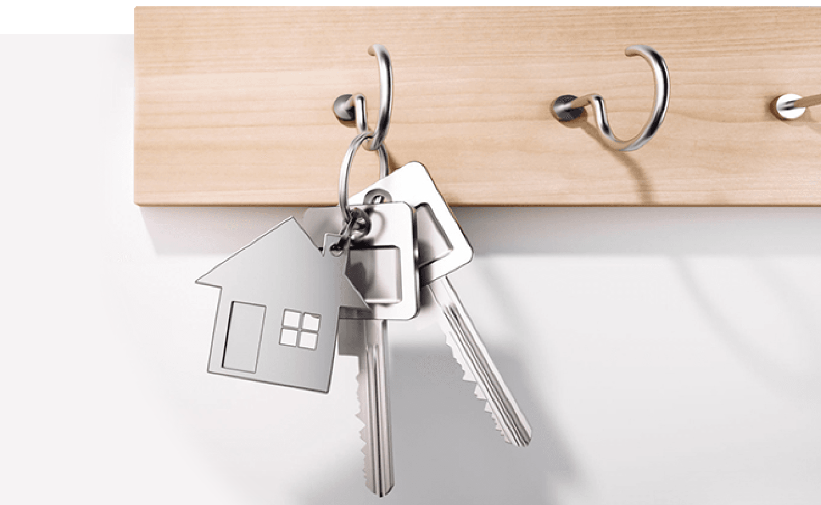Buying property in the UK can be an exciting and rewarding experience, whether you’re looking for a new home, an investment opportunity, or a holiday retreat. However, navigating the property market can be complex, especially if you’re unfamiliar with the process. This guide is designed to provide you with essential information and tips to help you make informed decisions and achieve your property goals.
1. Define Your Requirements
Before you start your property search, it’s crucial to define your requirements and priorities. Consider factors such as location, property type, size, budget, and amenities. Are you looking for a city apartment, a suburban house, or a countryside estate? Do you need proximity to schools, transportation, or shopping centres? Clarifying your requirements will narrow down your search and make it easier to find properties that meet your criteria.
2. Set Your Budget
Determining your budget is a critical step in the buying process. Calculate how much you can afford to spend on a property, taking into account your savings, income, expenses, and any financing options available to you. Consider additional costs such as stamp duty, legal fees, surveyor fees, and moving expenses. Getting pre-approved for a mortgage can also help you understand your borrowing capacity and streamline the buying process.
3. Research the Market
Take the time to research the property market in your desired location. Look at recent sales data, property trends, and market forecasts to understand price movements and demand-supply dynamics. Attend property viewings,
explore neighbourhoods, and speak to local estate agents to gain insights into the market conditions and property values. Being well-informed will empower you to make confident decisions and negotiate effectively.
4. Find the Right Property
Once you have a clear understanding of your requirements and budget, start searching for properties that match your criteria. Use online property portals, estate agent websites, and local listings to explore available options.
Consider scheduling viewings for multiple properties to compare features, condition, and value for money. Don’t hesitate to ask questions and seek advice from professionals to ensure you find the right property for your needs.
5. Conduct Due Diligence
Before making an offer on a property, it’s essential to conduct due diligence to assess its condition, legal status, and potential issues. Hire a qualified surveyor to conduct a thorough inspection of the property and identify any structural defects or maintenance issues. Review the property’s title deeds, planning permissions, and any relevant legal documents to verify ownership and ensure there are no encumbrances or disputes.
6. Make an Offer
Once you’ve found a property you’re interested in, it’s time to make an offer. Consider factors such as market conditions, comparable sales, and the seller’s motivations when determining your offer price. Work with your estate agent to submit a formal offer to the seller, including any conditions or contingencies you require, such as a mortgage approval or a satisfactory survey report. Be prepared to negotiate with the seller to reach a mutually acceptable agreement.
7. Arrange Financing
If your offer is accepted, it’s important to arrange financing to complete the purchase. Finalize your mortgage application with your chosen lender and provide any necessary documentation, such as proof of income,
employment, and identification. Your lender will conduct a valuation of the property to assess its market value and determine the loan amount. Once your mortgage is approved, you can proceed to exchange contracts and
complete the purchase.
8. Exchange Contracts and Complete the Purchase
Exchanging contracts is the final step in the buying process, where both parties legally commit to the sale. Your solicitor or conveyancer will review the contract and conduct searches to ensure there are no outstanding issues
or liabilities. Once all legal requirements are satisfied, you and the seller will sign the contract, and a deposit (usually 5-10% of the purchase price) will be transferred to the seller’s solicitor. Completion typically takes place a few weeks after exchange, where the remaining funds are transferred, and you take possession of the property.
9. Move In and Enjoy Your New Home
Congratulations, you’re now a homeowner! Take the time to celebrate your achievement and settle into your new home. Arrange for utilities, insurance, and any necessary repairs or renovations to make the property truly yours. Get to know your neighbours and explore your local community. Owning property in the UK is not just a financial investment but also a place to create lasting memories and build a future.
10. Seek Professional Advice
Throughout the buying process, don’t hesitate to seek professional advice from solicitors, conveyancers, mortgage brokers, and other experts. They can provide valuable guidance, support, and peace of mind, ensuring a smooth and successful transaction. Buying property in the UK can be a complex and challenging process, but with careful planning, research, and professional assistance, you can navigate the market with confidence and achieve your property goals.


